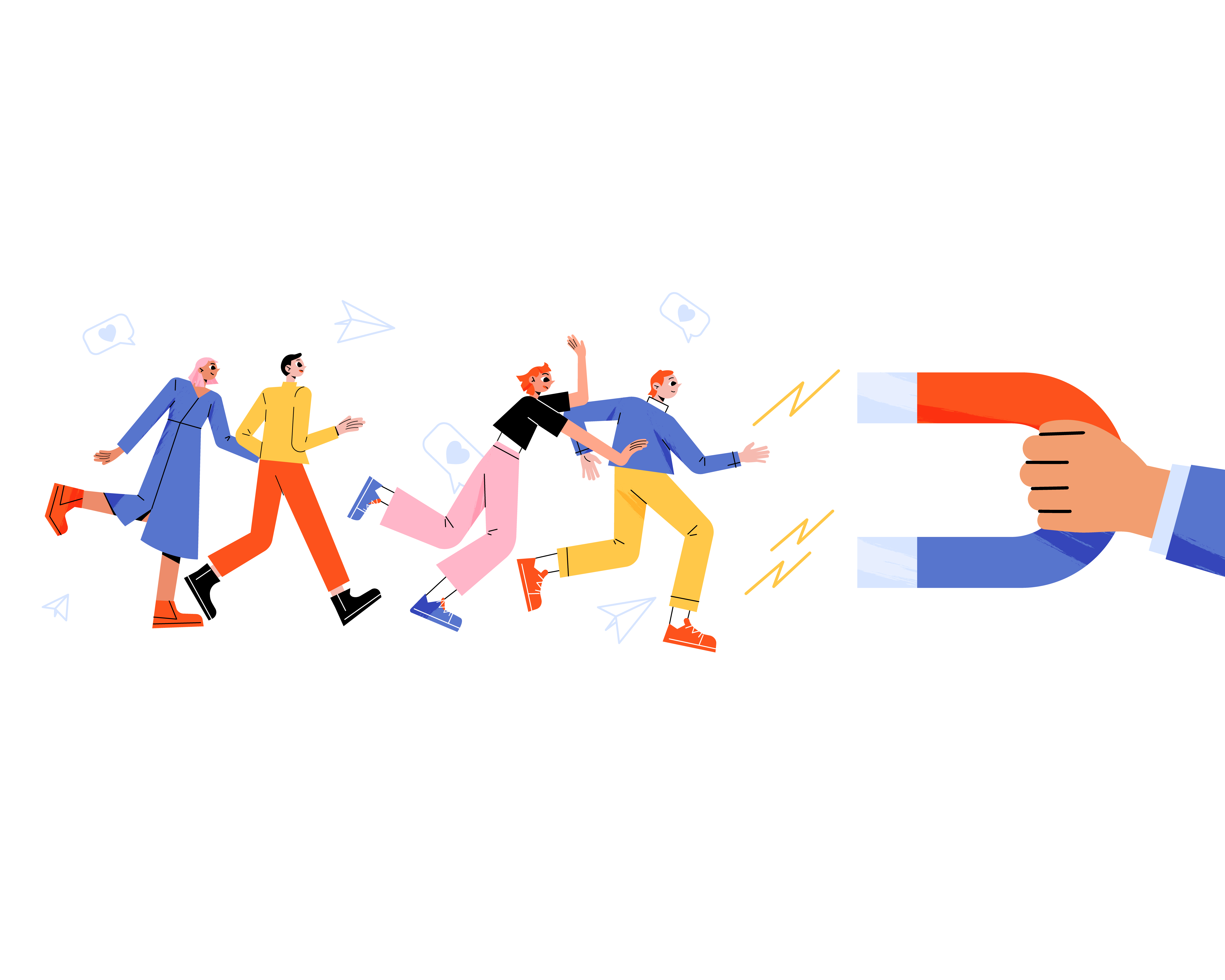Jam-packed meetings and overflowing project teams don’t do anyone any favors. They cause delays, create confusion, and generally make organizations less effective.
At the NeuroLeadership Institute, we view this as a product of over-inclusion — not in the strategic sense, like for hiring, but for more tactical matters. It’s what happens when well-meaning leaders involve more people than necessary to avoid certain people feeling left out. But what leaders really need, according to the brain science, is to learn the tactical habit of “thoughtful exclusion.”
We recently explored the concept of thoughtful exclusion for HBR, in a piece titled “How to Gracefully Exclude Coworkers from Meetings, Emails, and Projects.” It makes three basic prescriptions, which we’ve summarized below.
Manage cognitive overload
Research has found that 3% to 5% of employees at a given organization drive the bulk of collaboration. In turn, they also tend to be the most prone to burnout.
Leaders can begin practicing thoughtful exclusion by identifying these employees, and then strategically limiting their involvement in projects and meetings.
The technique affirms to people that their input is valued, but also makes clear that not every project deserves the same level of attention.
Consider the social brain
Humans seek out potential threats and rewards at nearly all times, even in social situations. This means the act of excluding others is intensely emotional (as those who have been left out know firsthand). Specifically, people may feel a threat to their relatedness, or the sense that they belong in a certain group.
With the right language, leaders can actively minimize employees’ threat response. For instance, instead of casually mentioning to someone that they are no longer needed on a project, leaders can provide the surrounding context and reasoning for the decision. They can say things like, “I know you’ve already got a lot on your plate, and I’d like to keep you off this meeting so you can stay focused. What do you think?”
This is the “thoughtful” component of thoughtful exclusion. It communicates a leader has an awareness of others, and when employees sense that awareness, they don’t feel as threatened.
Set the right expectations
Addressing people’s social needs is partly a matter of addressing their cognitive needs.
The science has made it clear that there’s a great cost to defying a person’s expectations. When our brains think one thing will happen, but then something else happens, the brain uses much more energy to process that new information.
Leaders can use this insight to better communicate about particular projects. They can give people strong rewards of certainty and fairness — two other domains of social reward or threat — by being transparent about their decision-making. Each person who enters the meeting will know why they, and everyone else, is there. And everyone who doesn’t get invited will know why, too.
When leaders harness the science to get their teams on the same page, they can avoid the pains of politeness and assemble the right talent for each project. As a result, organizations as a whole can start doing more with less.




.avif)


